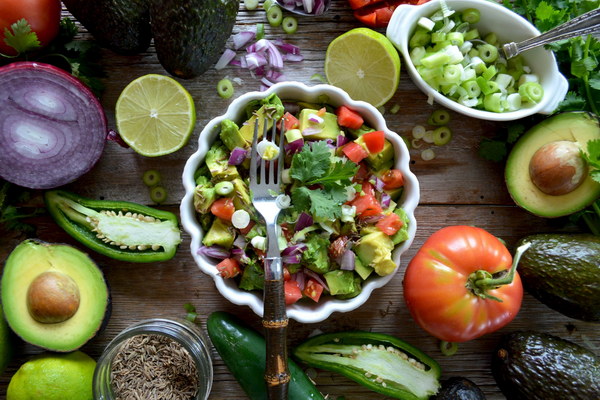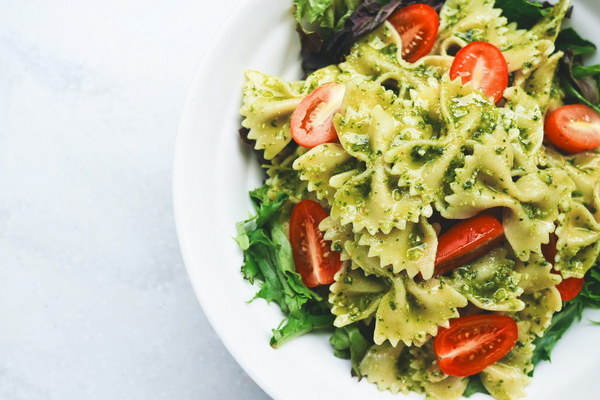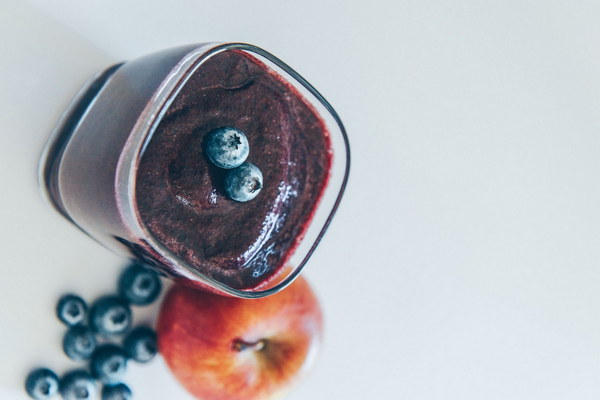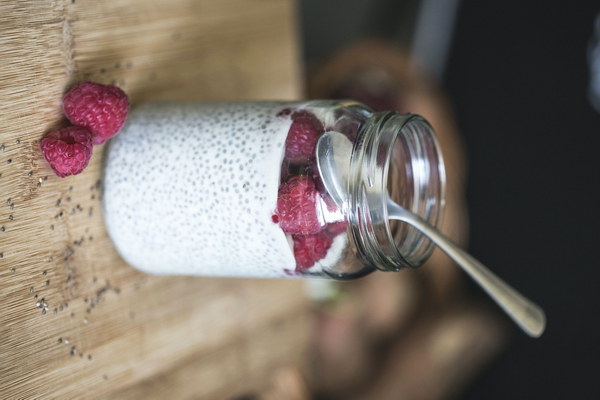Craving Shrimp A Natural Remedy for Liver and Gallbladder Health
In the realm of culinary delights, shrimp hold a special place in the hearts of seafood enthusiasts. Beyond their delightful taste and versatility, shrimp have been revered for their numerous health benefits. One such benefit is their ability to support liver and gallbladder health. This article delves into the reasons why shrimp are considered a natural remedy for these vital organs and how incorporating them into your diet can lead to improved overall well-being.
The liver is a multitasking organ responsible for filtering toxins, metabolizing nutrients, producing bile, and regulating blood sugar levels. The gallbladder, on the other hand, stores bile, a substance produced by the liver, which aids in the digestion and absorption of fats. When these organs are functioning optimally, the body can efficiently eliminate waste, absorb nutrients, and maintain overall health.
Shrimp, as a nutrient-rich seafood, offer several compounds that contribute to the health of the liver and gallbladder:
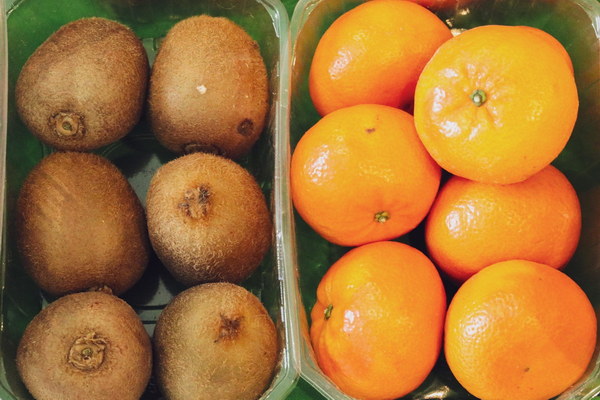
1. Omega-3 Fatty Acids: Shrimp are an excellent source of omega-3 fatty acids, which have been shown to reduce inflammation and support liver health. These essential fats also help to lower the risk of cardiovascular diseases and improve cognitive function.
2. Antioxidants: Shrimp are packed with antioxidants such as selenium, vitamin E, and vitamin C. These compounds help to neutralize free radicals, which can damage liver cells and contribute to the development of liver diseases such as cirrhosis.
3. Choline: Shrimp are a rich source of choline, a nutrient that plays a crucial role in the liver's ability to metabolize fats. Adequate choline intake can help prevent the accumulation of fats in the liver, reducing the risk of non-alcoholic fatty liver disease (NAFLD).
4. B Vitamins: Shrimp are a good source of B vitamins, including B12, B6, and niacin. These vitamins are essential for maintaining liver health and aiding in the production of red blood cells. Deficiencies in these vitamins can lead to liver dysfunction and other health issues.
To incorporate shrimp into your diet for liver and gallbladder health, consider the following tips:
1. Choose wild-caught shrimp over farmed shrimp, as wild shrimp have lower levels of contaminants and are generally more sustainable.
2. Include shrimp in your meals at least twice a week. You can grill, sauté, or steam shrimp to preserve their nutrients and minimize the addition of unhealthy fats.
3. Pair shrimp with other liver-friendly foods, such as cruciferous vegetables (e.g., broccoli, cauliflower), which help to support the liver's detoxification processes.
4. Stay hydrated by drinking plenty of water, as it aids in the elimination of waste products from the liver.
5. Avoid excessive alcohol consumption and smoking, as these habits can harm the liver and gallbladder.
In conclusion, shrimp are a nutritious and delicious addition to your diet that can contribute to the health of your liver and gallbladder. By incorporating shrimp into your meals and adopting a balanced lifestyle, you can enjoy the numerous health benefits that this seafood has to offer. So the next time you're craving shrimp, remember that it's not just a tasty treat but also a natural remedy for maintaining your liver and gallbladder health.
